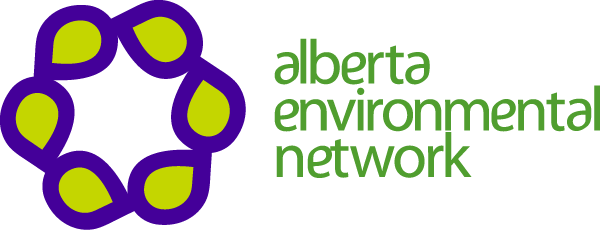
Keepers of the Water is working to address concerns brought forward by Traditional Ecological Knowledge holders in Northern Alberta with our partners, Dene Tha First Nation, Beaver First Nation, North Peace Tribal Council and Treaty 8 First Nations of Alberta.
At our Keepers IX Gathering in 2015, concerns were expressed about the clean-up of pipeline spills. Many thousands of spills have taken place in the Hay River Basin area; these have been spills of oil, diluent, produced water, and combinations of these. Local communities and Traditional Knowledge Holders are concerned about the clean up process after pipeline spills. While in some cases clean up has been certified as ‘complete’ by the Alberta Energy Regulator, ecological effects and residual contamination persist after remediation.
The Hay River Basin Pollution Investigation brings together western scientists and Traditional Knowledge Holders to address these concerns that pipeline spills may not have been appropriately cleaned up. This area around Rainbow Lake and Zama, in the Hay River Basin northwest of High Level, is the only area in Alberta that does not have a Watershed Council, and the only place in Canada where there is offshore oil development inland. Wetland biologist Kevin Timoney and other scientists are working with Traditional Knowledge holders to investigate nine spill locations on Dene Tha traditional territory.
Dr. Timoney will present the results of his work at Corbett Hall on February 2, 2017, in collaboration with the University of Alberta Research Network for Sustainability (Intersections), and the Faculty of Education. This work investigates the detectable results of pipeline breaks, the Alberta Energy Regulator’s issuance of clean-up recovery dates, information provided by the AER, and the effects of these on the environment, Treaty rights, and Canadian society in general.
Our Investigation also included community water monitoring training in two techniques, Environment Canada’s Canadian Aquatic Biomonitoring Network, and the Bio-assay technique by Environmental Bio-detection Products (EBPI, Ontario). In addition to Dr. Timoney’s report, the event will include words from Dene Tha First Nation Chief Joe Pastion, Keepers’ Executive Director Caleb Behn, the EBPI report, a presentation on the Investigation, and interviews with Traditional Knowledge Holders. We would like to acknowledge the support of the vascular herbarium at the University of Alberta.
For more information, or to register, please contact:
Jule Asterisk
780 805-1709
[email protected]
